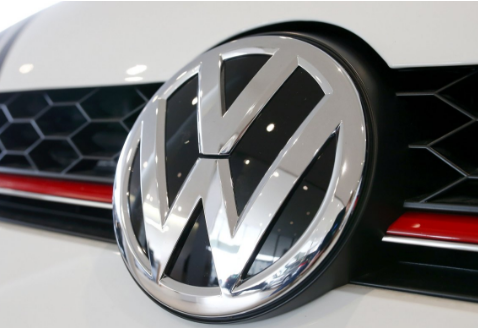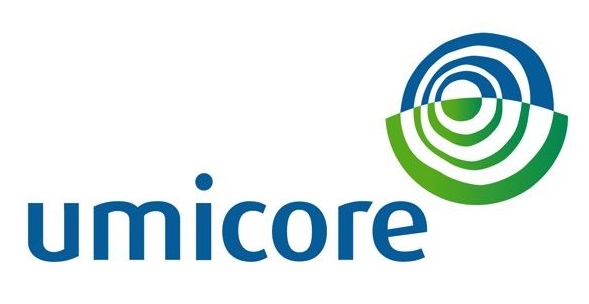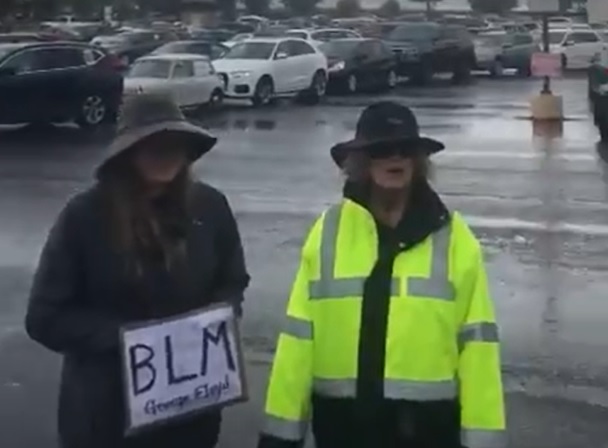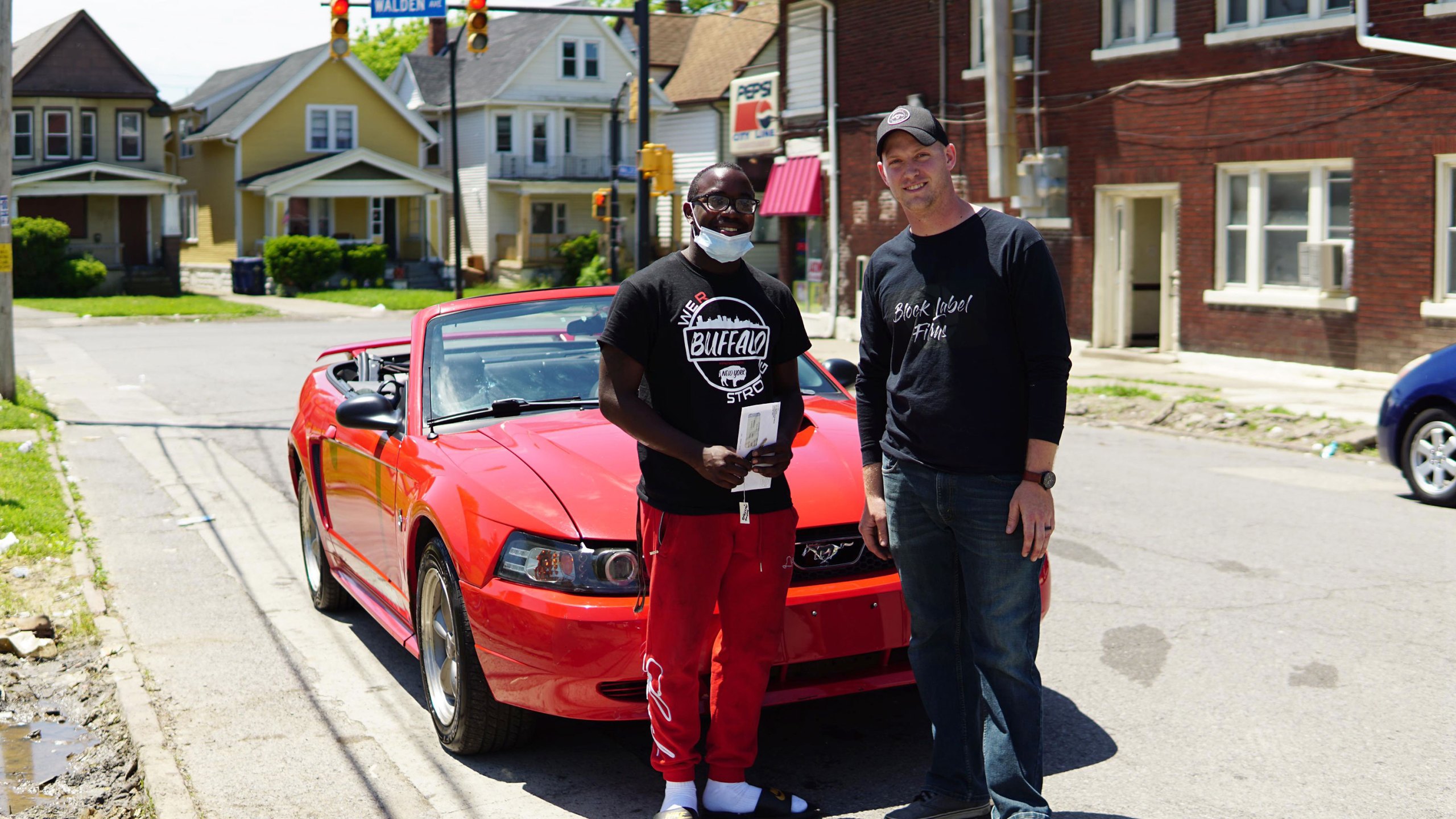Now Reading: Volkswagen begins development of climate projects for CO2 compensation
-
01
Volkswagen begins development of climate projects for CO2 compensation
Volkswagen begins development of climate projects for CO2 compensation

German automaker Volkswagen and the project developer Permian Global have signed a Joint Development Agreement to create climate protection projects.
Together with the support of Permian Global, the automaker will start developing climate protection projects to safeguard tropical forests in the second half of 2020. After successful verification, the avoided deforestation and restoration of endangered forests will lock away carbon and provide carbon credits that will be utilized to compensate for CO2 emissions from the supply chain, production and logistics of automobile, as long as these CO2 emissions cannot be prevented and renewable energies cannot be used presently.
“We are delighted to be driving forward another element of the Volkswagen Group’s climate protection strategy with Permian Global being a developer of successful climate protection projects. The planned projects concentrate on the protection of endangered forests in the tropics and subtropics. Protecting and increasing these very effective natural CO2 sinks is an important task the Intergovernmental Panel on Climate Change has repeatedly emphasized,” stated Ralf Pfitzner, Head of Sustainability at the Volkswagen Group.
“Healthy natural forests provide myriad benefits to people and the broader environment. This consists of the capacity to sequester and store enormous amounts of carbon. Given the urgency and the scale of the climate crisis, it is vital that industry leaders become the driving forces of positive change. And we are delighted to find in Volkswagen, a partner that both understands the challenge ahead and is dedicated to play a key role in the solution,” said Stephen Rumsey, Chairman of Permian Global.
Under the terms of the agreement, at first the two companies will develop projects on a total area of one million hectares, ten times the size of Berlin, in South America and Asia.
The projects is going to have multiple benefits: protection and restoration of threatened tropical forests; regional communities will benefit in the long term through sustainable alternatives to deforestation; biodiversity will be preserved and; at the same time a contribution will be made to overcoming the climate crisis.
The projects will also support achieving the United Nations Sustainable Development Goals (SDGs). All projects will be independently audited and certified according to the highest standards, in general the Verified Carbon Standard (VCS) and the Climate Community and Biodiversity Standard (CCB) or Gold Standard.
Stay Informed With the Latest & Most Important News
Previous Post
Next Post
-
 01Polestar Boss Says It’s Time To Outrun BMW M And Mercedes-AMG
01Polestar Boss Says It’s Time To Outrun BMW M And Mercedes-AMG -
 02Spy Shots: 2027 Mitsubishi Pajero Spotted in Testing Ahead of Possible U.S. Return
02Spy Shots: 2027 Mitsubishi Pajero Spotted in Testing Ahead of Possible U.S. Return -
 032026 Toyota Hilux EV: A Powerful Truck with Silent Torque
032026 Toyota Hilux EV: A Powerful Truck with Silent Torque -
 04Spy Photos: VW ID. Polo GTI Goes Electric with 223 HP and 280 Miles of Range
04Spy Photos: VW ID. Polo GTI Goes Electric with 223 HP and 280 Miles of Range -
![2027 Mercedes-Benz S-Class Debuts with V8 Engine [Photo Gallery]](https://speedlux.com/wp-content/uploads/2026/01/2027-Mercedes-Benz-S-Class-33-155x125.jpg) 052027 Mercedes-Benz S-Class Debuts with V8 Engine [Photo Gallery]
052027 Mercedes-Benz S-Class Debuts with V8 Engine [Photo Gallery] -
 06The Controversial Ford Voodoo V8 That Was Killed Off Too Early
06The Controversial Ford Voodoo V8 That Was Killed Off Too Early -
 07Hyundai Palisade’s Breakout Year Shows How Quickly the Market Can Turn
07Hyundai Palisade’s Breakout Year Shows How Quickly the Market Can Turn


![2027 Mercedes-Benz S-Class Debuts with V8 Engine [Photo Gallery]](https://speedlux.com/wp-content/uploads/2026/01/2027-Mercedes-Benz-S-Class-33-700x394.jpg)











































